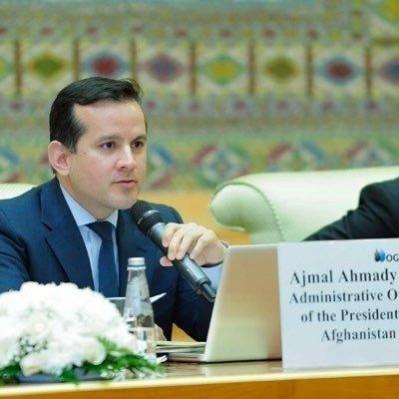Afghans are increasingly scared as they may run out of money owing to the closure of banks for the seventh consecutive day in the country.
There's no cash inside the ATM machines, no operational banks and no Western Union offices for money transfer to overseas. With all these utilities closed, it's now near impossible to send money into the country, BBC reported.
People say they are running out of funds in the capital and other major cities. Pen Farthing, an ex-marine who now runs an animal rescue centre in Kabul, said he can't pay his staff and people are running out of food.

Afghanistan Payments System, or APS, was founded in 2011, funded by the World Bank and managed by the Central Bank of Afghanistan since 2019. Though Afghan economy runs on cash, only an estimated 10 to 15% of citizens have a bank account, according to a report in MIT Review.
Since APS was to make cash transaction become more digital and less cash-dependent, the move to further digital economy have been thwarted by the rapid takeover of Taliban following the US withdrawal.
Moreover, the current cash crisis owes to the fact that most of the previous Afghan government's assets were held in offshore accounts that have since been frozen to prevent the Taliban from gaining access, as informed by the former Central Bank governor Ajmal Ahmady.
US freezes Govt assets
The Taliban is still on the US Treasury Department's sanctions list and barred from getting hold of any Afghan government cash reserves. As ATMs run dry as bankers revealed that the normal number of transactions increased multifold from hundreds earlier to thousands after the collapse of the Afghan government, said Ruchi Kumar, a journalist who worked in Kabul for eight years before fleeing the country amid the Taliban takeover.
With US dollars becoming scarce, the value of Afghan cash has plummeted by about one-third in value, while the price of basic goods is skyrocketing. Cash transactions through informal banking system, such as local unlicensed currency traders is also set to dwindle if banks remain shut for a couple of weeks, MIT report said.
"Eight days since the banks closed in Kabul and across Afghanistan. ATM machines are empty", one user posted a tweet. "For now I want food for my 3 children. We had bread today with sweet tea. Gas is too expensive, all banks closed, other food stuff shortage in Kabul stores, cant find mobile top up - and also afraid for our lives," tweeted one user summing up the current situation in Afghanistan.








